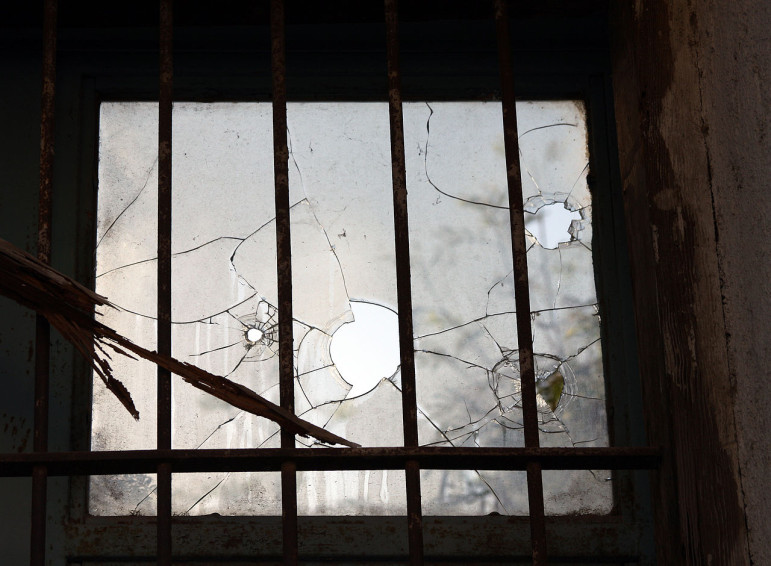
Tomas Castelazo
Last week we asked readers to tell us what they think of when they hear the term “broken windows,” a phrase whose frequency of use is in no way accompanied by a consensus on its meaning. Here’s how the votes came in:
1) Broken windows is about reducing disorder, which begets crime.
6 votes
2) Broken windows is about arresting people of color for minor offenses to create a record that will permit courts to enhance their punishment if/when they are arrested for a subsequent crime.
3 votes
3) Broken windows is about responding to calls from residents and leaders in low-income communities for a more visible and active police presence, which may deter crime.
0 votes
4) Broken windows is about creating a workload for police officers, courts and jails to replace the volume that each dealt with during days when violent and serious crimes were more common.
1 vote
5) Broken windows is about disrupting crime by arresting and detaining for minor infractions the population that is likely to commit more serious ones.
3 votes
6) Broken windows is about punishing low-income people for engaging in activities in public view that wealthier people are able to do privately.
7 votes
7) Broken windows is about maintaining police productivity and discipline by giving officers a measurable enforcement goal.
1 vote
8) Broken windows is about a system of social control designed to assuage the white establishment’s fear and resentment of people of color.
8 votes
9) Broken windows is about stopping people for minor crimes in the hope of capturing people wanted for (or in the midst of committing) more serious ones.
3 votes
10) Broken windows is about maintaining property rights—getting “trespassers” out of hallways, “loiterers” off stoops and turnstile jumpers out of the subway system.
1 vote
Two respondents voted for “all of the above,” which would seem to gather together some contradictory to ideas.
And one person melded some of the anti-BW arguments together: “Broken windows is about the possibility of disrupting a future, more serious crime or possibly capturing people of color wanted for (or in the midst of committing) more serious ones by arresting and detaining people of color for minor infractions that white people are often able to receive warnings for, based on the premise that people of color are bad, in order to help the city generate money; maintain police productivity and discipline by giving officers a measurable enforcement goal; and to provide justification for the mistreatment of people of color with the reporting of biased statistics.”








